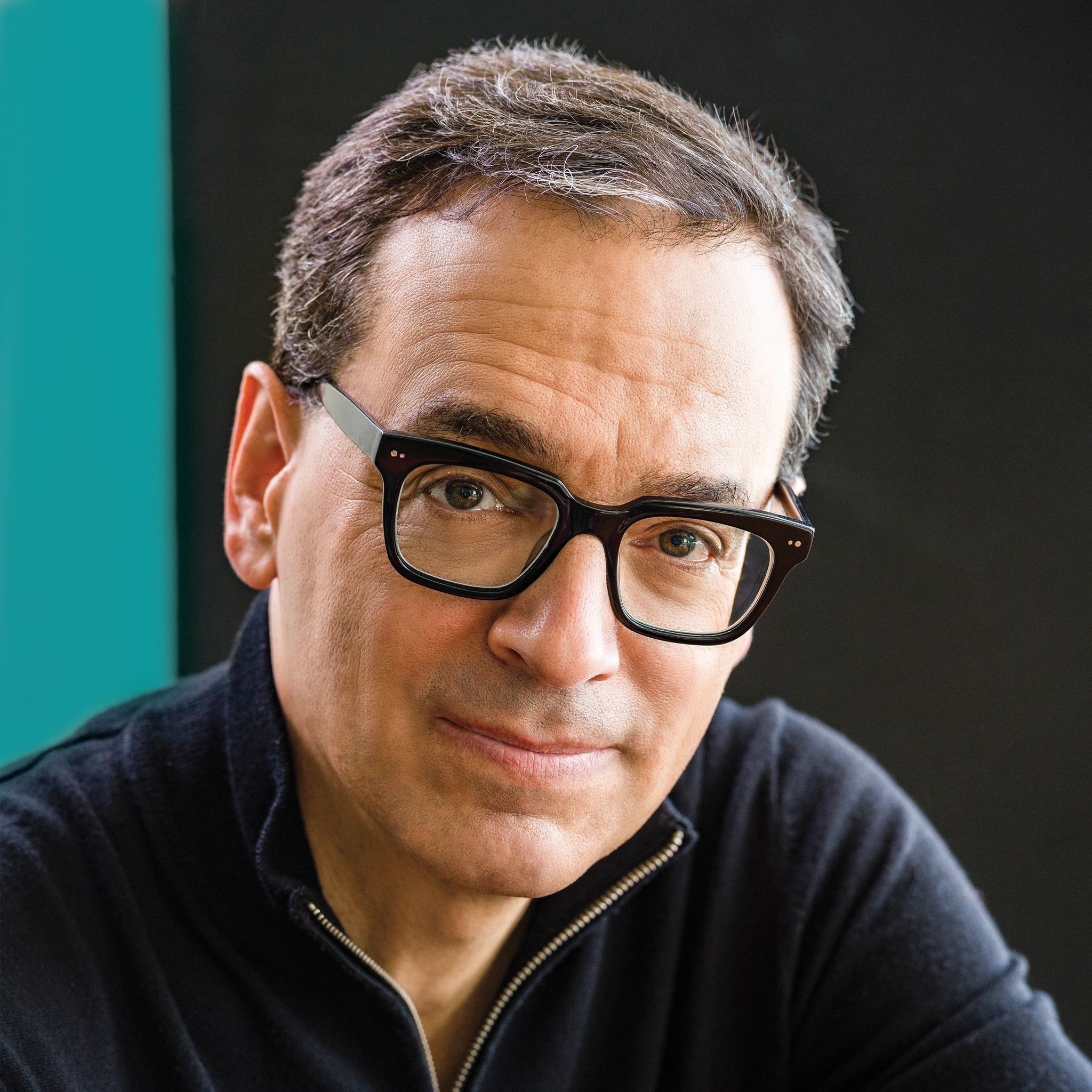 author
authorDiscover the Best Books Written by Rainer Maria Rilke
René Karl Wilhelm Johann Josef Maria Rilke (4 December 1875 – 29 December 1926), shortened to Rainer Maria Rilke, was an Austrian poet and novelist. He has been acclaimed as an idiosyncratic and expressive poet and is widely recognized as a significant writer in the German language. Critics and scholars have seen his work as having undertones of mysticism, exploring themes of subjective experience and disbelief. His writings include one novel, several collections of poetry, and several volumes of correspondence.
Rilke traveled extensively throughout Europe and, in his later years, settled in Switzerland, becoming key to the genesis and inspiration for many of his poems. While Rilke is most known for his contributions to German literature, he additionally wrote in French. Among English-language readers, his best-known works include the poetry collections Duino Elegies (Duineser Elegien) and Sonnets to Orpheus (Die Sonette an Orpheus), the semi-autobiographical novel The Notebooks of Malte Laurids Brigge (Die Aufzeichnungen des Malte Laurids Brigge), and a collection of ten letters that was published after his death under the title Letters to a Young Poet (Briefe an einen jungen Dichter).
In the later 20th century, his work found new audiences through its use by self-help authors and frequent quotations in television shows, books, and motion pictures. He was born René Karl Wilhelm Johann Josef Maria Rilke in Prague, the capital of Bohemia (then part of Austria-Hungary, now part of the Czech Republic). His childhood and youth in Prague were not especially happy.
His father, Josef Rilke (1838–1906), became a railway official after an unsuccessful military career. His mother, Sophie ("Phia") Entz (1851–1931), came from a well-to-do Prague family, the Entz-Kinzelbergers, who lived in a house on the Herrengasse (Panská) 8, where René also spent many of his early years. The relationship between Phia and her only son was colored by her mourning for an earlier child, a daughter who had died only one week old.
During Rilke's early years, Phia acted as if she sought to recover the lost girl through the boy by treating him as if he were a girl. According to Rilke, he had to wear "fine clothes" and "was a plaything [for his mother], like a big doll". His parents' marriage failed in 1884. His parents pressured the poetically and artistically talented youth into entering a military academy in Sankt Pölten, Lower Austria, which he attended from 1886 until 1891 when he left owing to illness.
He moved to Linz, where he attended trade school. Expelled from school in May 1892, the 16-year-old prematurely returned to Prague. From 1892 to 1895, he was tutored for the university entrance exam, which he passed in 1895. Until 1896, he studied literature, art history, and philosophy in Prague and Munich.
Best author’s book

























